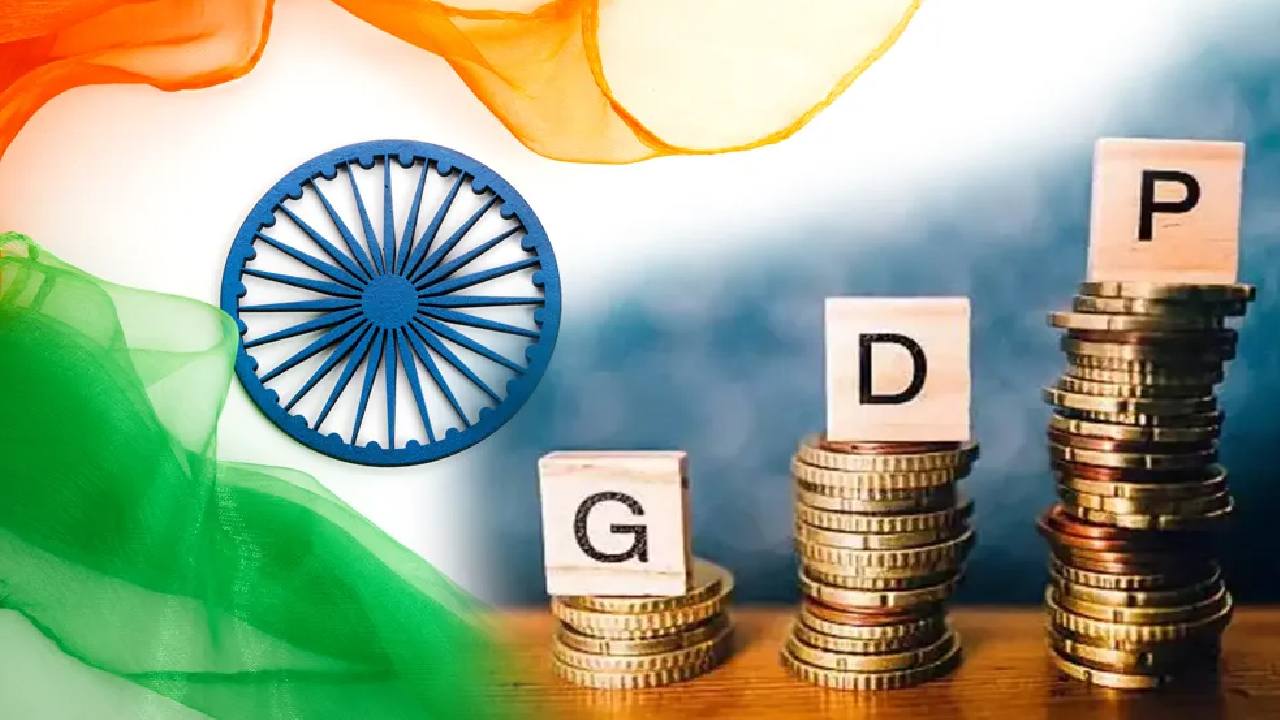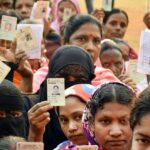
India’s Resilience: Overcoming Challenges Through Democratic Principles
How democratic values sustain and strengthen the world’s largest democracy.
Introduction
India, a nation of unparalleled diversity and complexity, owes much of its success to its democratic framework. Over the years, democratic principles enshrined in the Constitution have enabled the country to navigate political, social, and economic challenges. From moments of political instability to socio-economic upheavals, India’s democratic resilience has been a guiding force in overcoming adversity while safeguarding the rights and aspirations of its people.
Key Democratic Principles Driving Resilience
1. Constitutional Supremacy
The Indian Constitution serves as the backbone of the nation’s democratic resilience. Its provisions ensure that governance remains inclusive and equitable.
- Examples:
- Article 21 guarantees the right to life and personal liberty, providing a safeguard against authoritarianism.
- The Directive Principles of State Policy guide governments in addressing socio-economic inequalities.
(Source: Constitution of India)
2. Independent Institutions
India’s democratic framework is fortified by independent institutions that act as checks and balances on government power.
- Key Institutions:
- Election Commission of India: Ensures free and fair elections, the cornerstone of democracy.
- Supreme Court: Protects constitutional rights and arbitrates disputes.
(Source: Election Commission of India, Supreme Court of India)
3. Active Civil Society
India’s vibrant civil society plays a critical role in fostering accountability, advocating for the marginalized, and driving grassroots change.
- Examples:
- The Right to Information (RTI) Act empowers citizens to demand transparency in governance.
- Social movements advocating for women’s rights, environmental conservation, and labor justice strengthen democratic ideals.
(Source: RTI Portal)
Democracy in Action: Overcoming National Challenges
1. Economic Reforms and Growth
In 1991, amidst a balance-of-payments crisis, democratic decision-making enabled India to embrace liberalization, privatization, and globalization.
- Outcomes:
- India transitioned to a market-driven economy, achieving significant GDP growth.
- Economic liberalization empowered millions by creating jobs and reducing poverty.
(Source: Ministry of Finance)
2. Managing Diversity and Social Cohesion
India’s democracy has succeeded in managing its vast cultural, linguistic, and religious diversity.
- Constitutional Provisions:
- Article 29 and 30 protect the cultural and educational rights of minorities.
- Initiatives like Ek Bharat Shreshtha Bharat promote national unity through cultural exchange.
(Source: Ministry of Culture)
3. Navigating Political Instability
India’s democratic resilience was evident during periods of political turmoil, such as the Emergency (1975-77).
- Outcome:
- Democratic principles prevailed as institutions and civil society mobilized to restore constitutional governance.
4. Crisis Response and Public Health
During the COVID-19 pandemic, India leveraged democratic mechanisms to address public health challenges.
- Examples:
- CoWIN Portal: Enabled transparent and equitable vaccine distribution.
- Public participation in awareness campaigns highlighted the role of civic engagement.
(Source: Ministry of Health and Family Welfare)
Challenges to Democratic Resilience
1. Economic Inequality
Despite progress, disparities persist. The top 1% of the population holds over 40% of national wealth, posing challenges to equitable representation.
(Source: Oxfam India)
2. Misinformation and Polarization
The spread of fake news and divisive narratives on social media undermines democratic discourse and trust in institutions.
3. Judicial Delays
The backlog of over 4 crore pending cases in Indian courts highlights the need for judicial reforms to ensure timely justice.
(Source: National Judicial Data Grid)
Strengthening Democratic Resilience
1. Promoting Inclusive Governance
Empowering marginalized communities through targeted policies and representation strengthens democratic principles.
- Initiatives:
- Scheduled Castes and Scheduled Tribes (Prevention of Atrocities) Act ensures protection of rights for vulnerable groups.
(Source: Ministry of Social Justice and Empowerment)
2. Leveraging Technology
Digital platforms like MyGov enable citizens to actively participate in policy-making and governance.
(Source: MyGov India)
3. Civic Education
Promoting awareness of constitutional rights and responsibilities fosters an engaged and informed citizenry.
Opinionated Yet Balanced Perspective
India’s democracy has weathered numerous challenges through its commitment to constitutional values, institutional independence, and active civic participation. However, addressing contemporary issues like digital polarization, economic disparity, and institutional inefficiencies is critical to ensuring the continued resilience of democratic principles.
Conclusion
India’s democratic journey is a testament to its resilience and adaptability. By upholding its foundational principles and addressing emerging challenges, the nation can continue to thrive as a vibrant democracy. As citizens, institutions, and leaders collaborate to strengthen democratic values, India’s future remains bright, ensuring liberty, equality, and justice for all.



